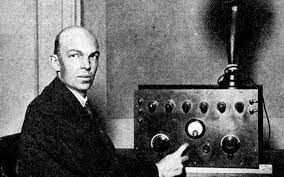On November 5, 1996, Bill Clinton secured his re-election as the 42nd President of the United States. The 1996 presidential election marked a significant moment in American politics, as it solidified Clinton's position as a popular and influential leader, despite facing numerous challenges and controversies during his first term.
Clinton, a Democrat, ran against Republican nominee Bob Dole, a respected senator from Kansas. The election took place against the backdrop of a strong economy and relative peace, allowing Clinton to campaign on his achievements and promise to continue the progress made during his first term.
Throughout his campaign, Clinton emphasized his record of economic growth and job creation, highlighting the success of his economic policies, such as the North American Free Trade Agreement (NAFTA) and welfare reform. He also championed social issues, including expanding access to healthcare and improving education.
Clinton's re-election campaign was marked by his ability to connect with voters on a personal level. He was known for his charisma, charm, and ability to empathize with the concerns and aspirations of everyday Americans. Clinton's likability and communication skills, often referred to as the "Clinton charm," played a significant role in his electoral success.
On November 5, 1996, Clinton won the election with 49.2% of the popular vote, while Dole received 40.7%. Clinton also secured a majority in the Electoral College, winning 379 electoral votes compared to Dole's 159. His victory was seen as a validation of his presidency and his policies, despite facing criticism and scandals throughout his first term.
Clinton's second term in office was marked by both achievements and challenges. His administration continued to focus on economic growth, leading to a sustained period of prosperity in the United States. Clinton also pursued initiatives such as healthcare reform and gun control, although these efforts faced significant opposition and ultimately did not come to fruition.
However, Clinton's presidency was marred by several scandals, most notably the Monica Lewinsky affair, which led to his impeachment in 1998. Despite the impeachment proceedings, Clinton remained popular among the American public, and his approval ratings remained relatively high throughout his second term.
During his second term, Clinton also played a significant role in foreign affairs. He oversaw the signing of the Good Friday Agreement, which brought peace to Northern Ireland, and he intervened in the Kosovo War to stop ethnic cleansing in the region. Clinton's approach to international relations was characterized by a focus on diplomacy and multilateral cooperation.






